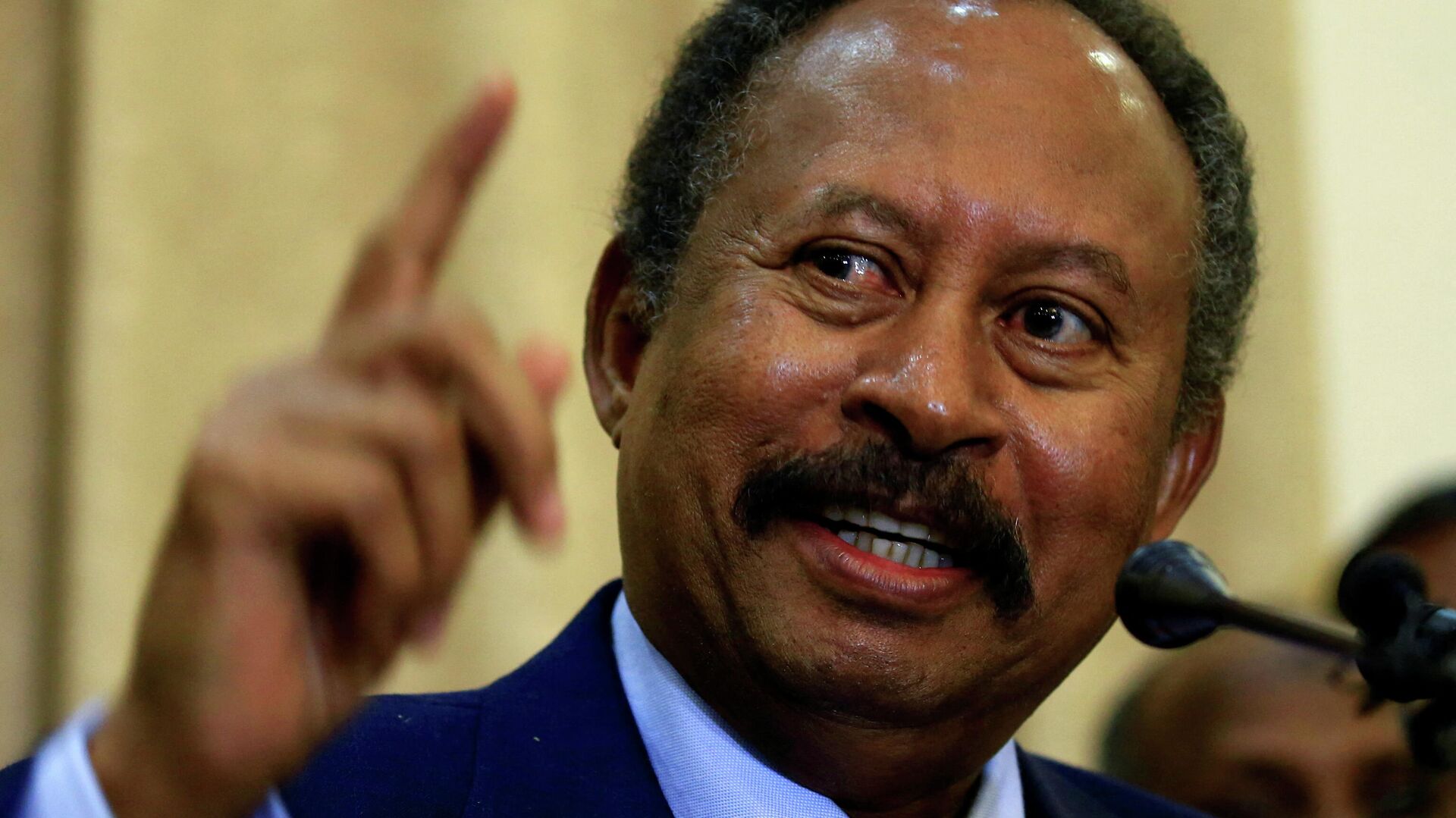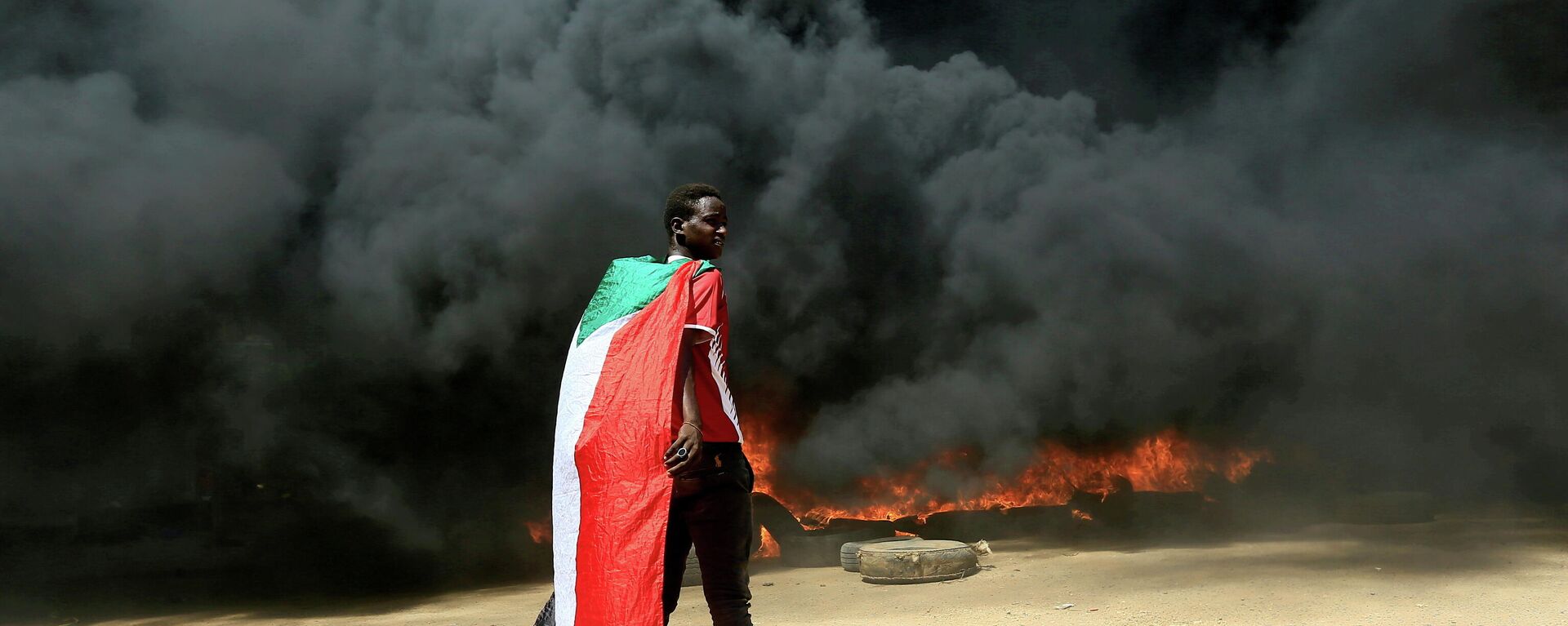Sudanese PM Hamdok Resigns Months After Ouster, Deal With Military Junta
20:34 GMT 02.01.2022 (Updated: 11:38 GMT 23.11.2022)

© REUTERS / Mohamed Nureldin Abdallah
Subscribe
In November 2021, ousted Sudanese Prime Minister Abdalla Hamdok regained power via an agreement with the coup leader, General Abdel Fattah al-Burhan, a former chairman of the Sovereignty Council of Sudan. Despite the power agreement, deadly protests and widespread criticism of Hamdok's government have yet to die down.
After weeks of reports on his impending resignation, Sudanese PM Hamdok officially announced on Sunday he would be stepping down as head of state.
"I announce my resignation from the post of prime minister," Hamdok said during a televised Sunday evening address. "I leave this position to other sons and daughters of my homeland, so that they can continue to govern the dear homeland and live out with it what remains of the transitional period toward a civil, democratic state."
The ex-leader declared that a solution to the political unrest between the public, government, and military can only be solved "through dialogue at a round table that includes all parties."
Demonstrators have argued that the transition to free elections should be free of military intervention, while Gen. Burhan has argued that the continued demonstrations are draining the country and impeding the efforts to achieve a political solution.
"The only way to rule is by popular mandate through elections," Burhan said during the live broadcast.
Hours after Hamdok's announcement the US issued its first reaction to the development through its Bureau of African Affairs, tweeting late Sunday that next prime minister and cabinet "should be appointed in line with the constitutional declaration to meet the people’s goals of freedom, peace, and justice."
After PM Hamdok’s resignation, Sudanese leaders should set aside differences, find consensus, and ensure continued civilian rule. Sudan’s next PM and cabinet should be appointed in line with the constitutional declaration to meet the people’s goals of freedom, peace, and justice.
— Bureau of African Affairs (@AsstSecStateAF) January 2, 2022
It added that the Biden adminstration stands with the Sudanese peoples "push for democracy," before calling for the end of violence against protesters.
Hamdok's resignation comes in the wake of dozens of demonstration-related deaths, including the recent killings of two anti-coup protesters in Omdurman, Sudan's most populous state.
The Central Committee of Sudanese Doctors (CCSD) detailed on Sunday that one of the demonstrators was killed by a gunshot wound in the chest, while the second victim was found to have a "severe head wound."
The newly-confirmed deaths occurred alongside the 12th round of major protests, which were met with roadblocks erected by authorities and tear gas fired into the crowds by security forces. Three days prior, six people were killed and hundreds more were injured in nationwide demonstrations against the government and military rule.
While Hamdok had previously hailed his 14-point agreement with the military as a means to spare the "blood of the Sudanese" and effectively preserve the nation's economic gains, protesters widely pushed back against the claims. British-Sudanese journalist Ahmed Kaballo previously told Sputnik that the agreement was a "betrayal of everything people gave their lives for in the streets."
At least 56 individuals have been killed since the October 25 military coup led by Burhan, according to the CCSD. Among the hundreds injured are several women who were reported to have been sexually abused alongside the violent clashes.


